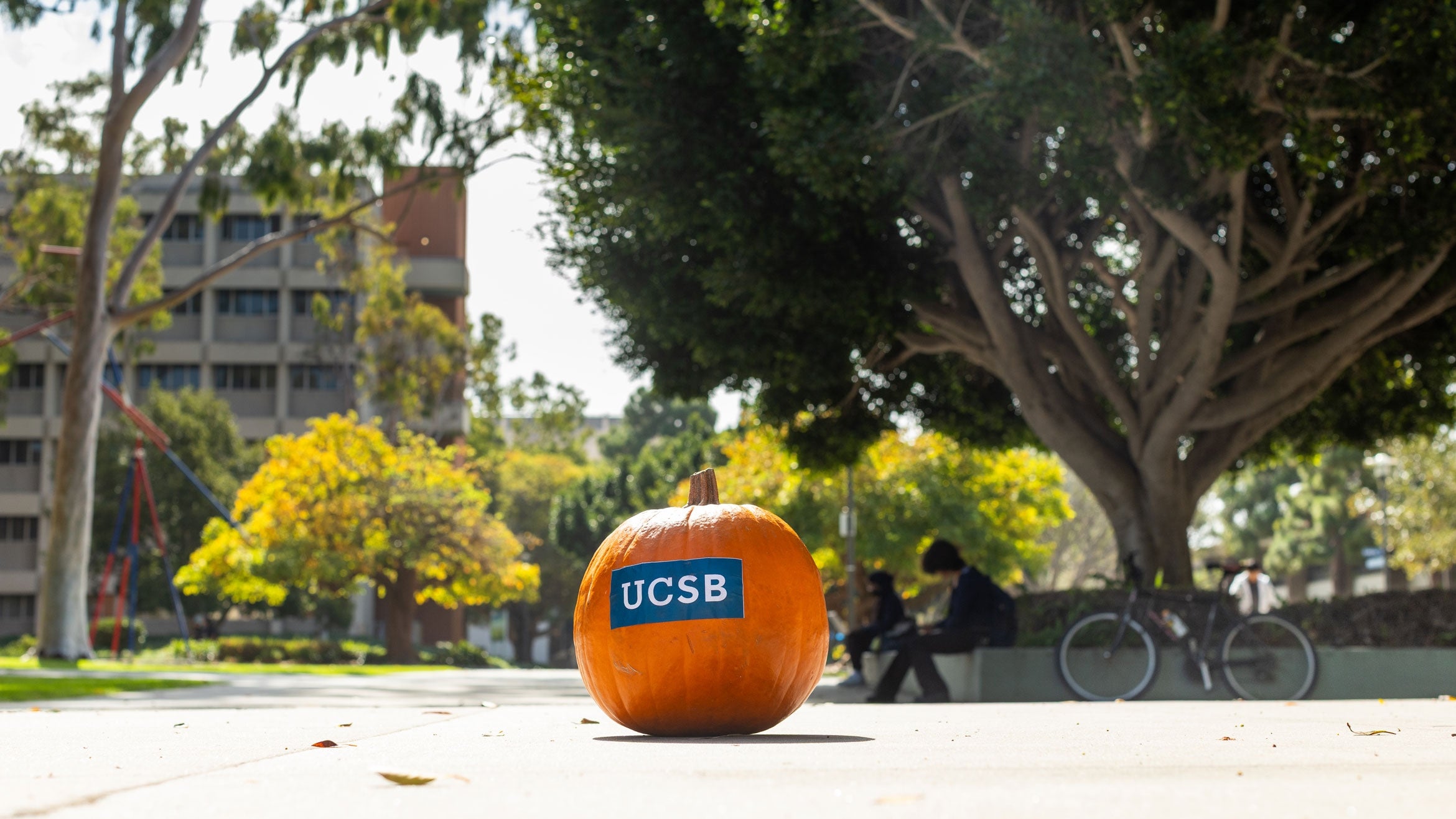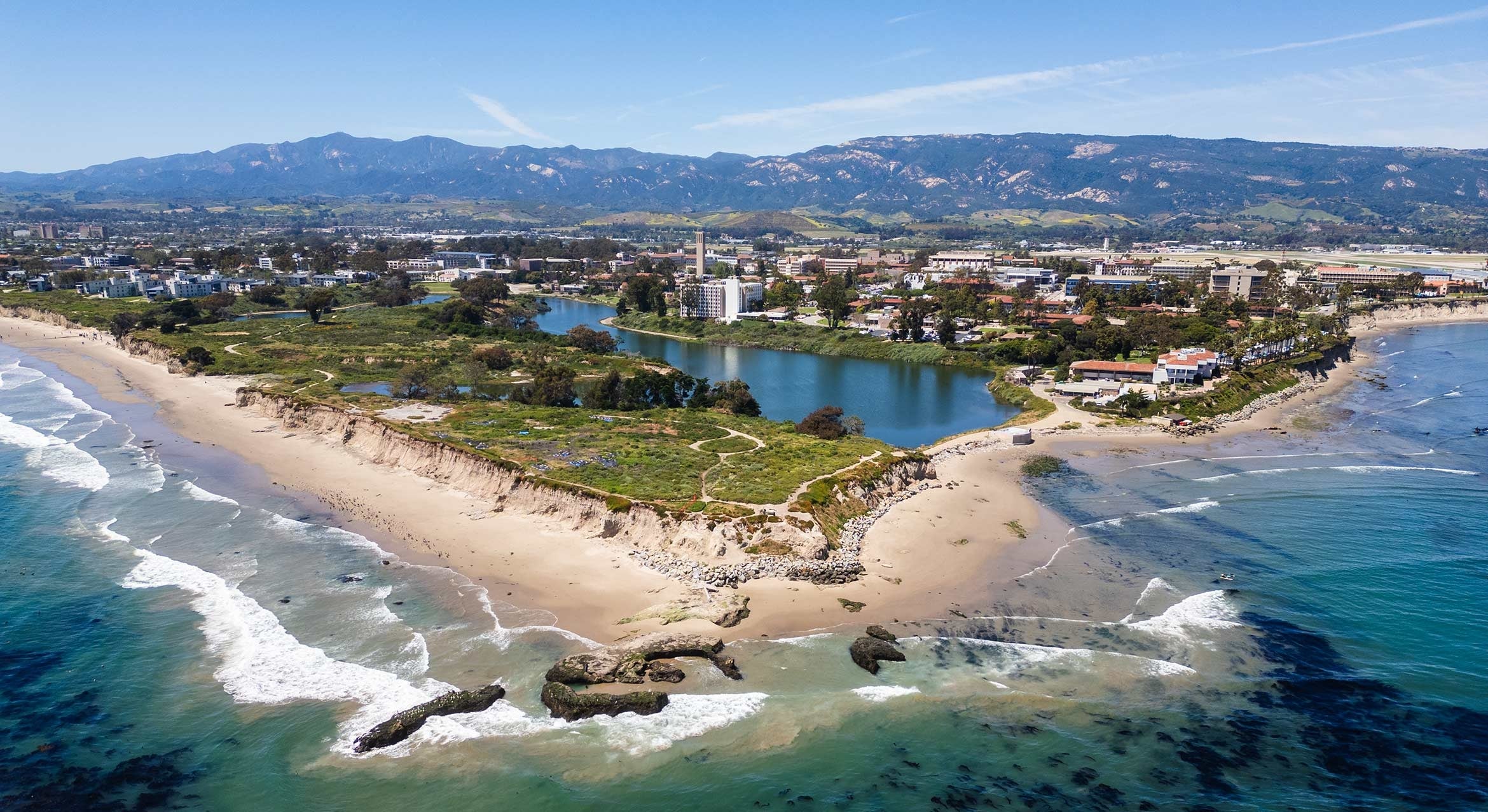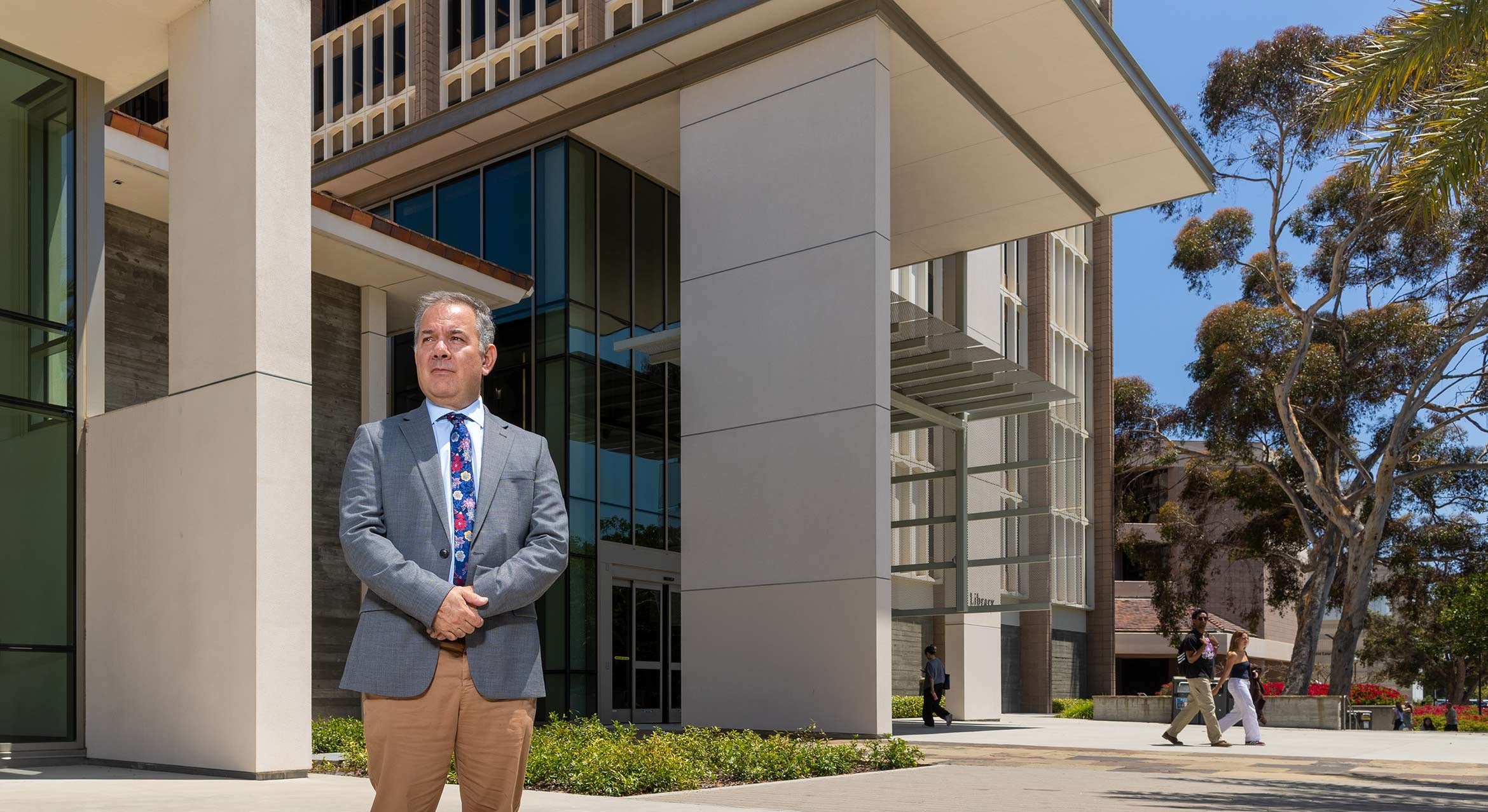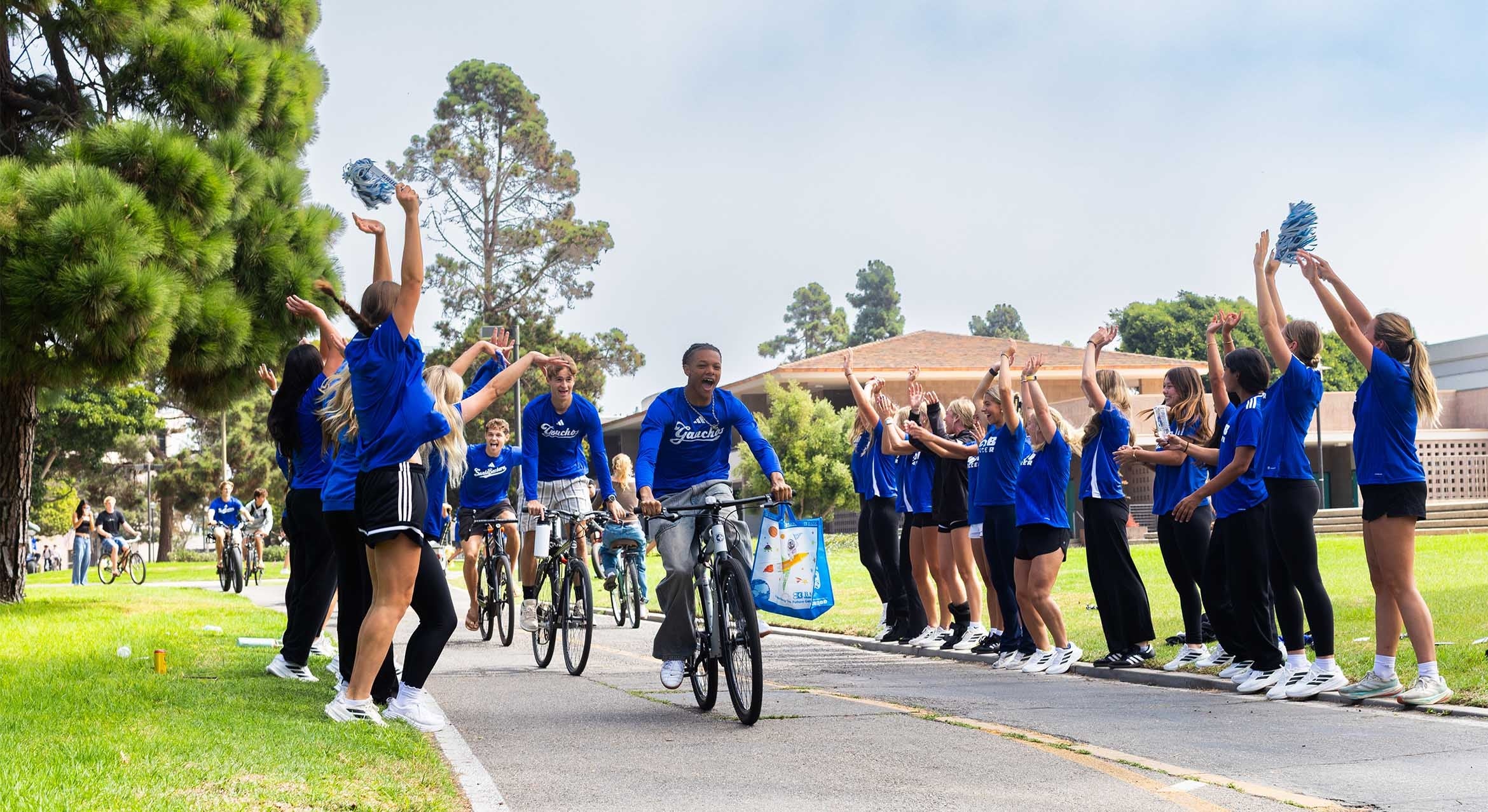Research support from external sources reached a record high at the University of California, Santa Barbara last year when a total of $143.9 million was received from federal and state agencies, corporations, and foundations.
By the end of the fiscal year on June 30, 2003, this "extramural" funding in the form of contracts and grants for research, training, and public-service programs had increased 10 percent over the previous year's record $130.4 million.
The campus was awarded more than 1,100 research contracts and grants last year.
Over the past 10 years, UCSB has seen a 77 percent increase in research funds from external sources.
"This increase in our extramural research funding to an all time high is stunning," said Chancellor Henry T. Yang.
"Such support is the lifeblood of a premier research university and a true testament to the extraordinary work being performed at UCSB.
I am extremely proud and appreciative of the tireless and devoted efforts of our faculty, researchers, students, and staff for this magnificent achievement."
Steven D. Gaines, acting vice chancellor for research and director of the Marine Science Institute at UCSB, attributed the dramatic increase in awards to the pioneering interdisciplinary research that distinguishes this campus, and to the exceptional quality of its researchers.
"These successes are the result of innovative partnerships between scholars from research centers and institutes all over campus," said Gaines.
"Many of these awards will lead to new discoveries that address society's most pressing problems."
Federal support increased 17 percent over the previous fiscal year, accounting for more than 85 percent of the total, or $121.6 million.
Continuing a decade-long trend, the National Science Foundation was the largest single source, providing $102.4 million or 44 percent of all federal awards.
Other major sources of federal support included funding from the National Institutes of Health, which increased 34 percent to $15 million, the U.S. Navy, and the Defense Advanced Research Projects Agency (DARPA).
The balance was provided by state and private agencies, sponsors in business and industry, local governments, and UC campuses and programs.
Among the research grants awarded to the campus were the following:
· $5.8 million from the National Science Foundation (NSF) for two new graduate training programs that will produce innovative researchers, professors, and corporate visionaries in emerging areas of science and technology.
The grants will support a new graduate program in Computational Science and Engineering with an emphasis on multi-scale problems in fluids and materials, and a program in Interactive Digital Multimediaóanother new technology for the 21st century. Called Integrative Graduate Education Research and Traineeships, the grants will establish new cross-disciplinary areas of study at UCSB and create multiple new career opportunities for students to become leaders and creative agents for change.
· $4.4 million from DARPA to establish the Center for Nanoscience Innovation for Defense (CNID).
A collaboration with UCLA, UC Riverside, 10 industrial partners, and the National Laboratories, CNID will inform government and industry about innovative fundamental science and technology and keep companies and defense contractors abreast of new developments in four areas applicable to next-generation computers -- advanced communication technologies, nanoscale semiconductors, new sensors, and imaging systems.
· $2 million from the National Institutes of Health to construct and renovate existing research space to enhance neuroscience research on conditions such as macular degeneration and Alzheimer's disease.
New, state-of-the-art facilities will support researchers in UCSB's Life Science and Technology Building, now under construction, and the campus's Neuroscience Research Institute.
· $500,000 from the U.S. Department of Education to establish the Walter H. Capps Center for the Study of Religion and Public Life. The center will engage the community in dialogue about the major issues of our time that involve values and ethics.
Related Links



